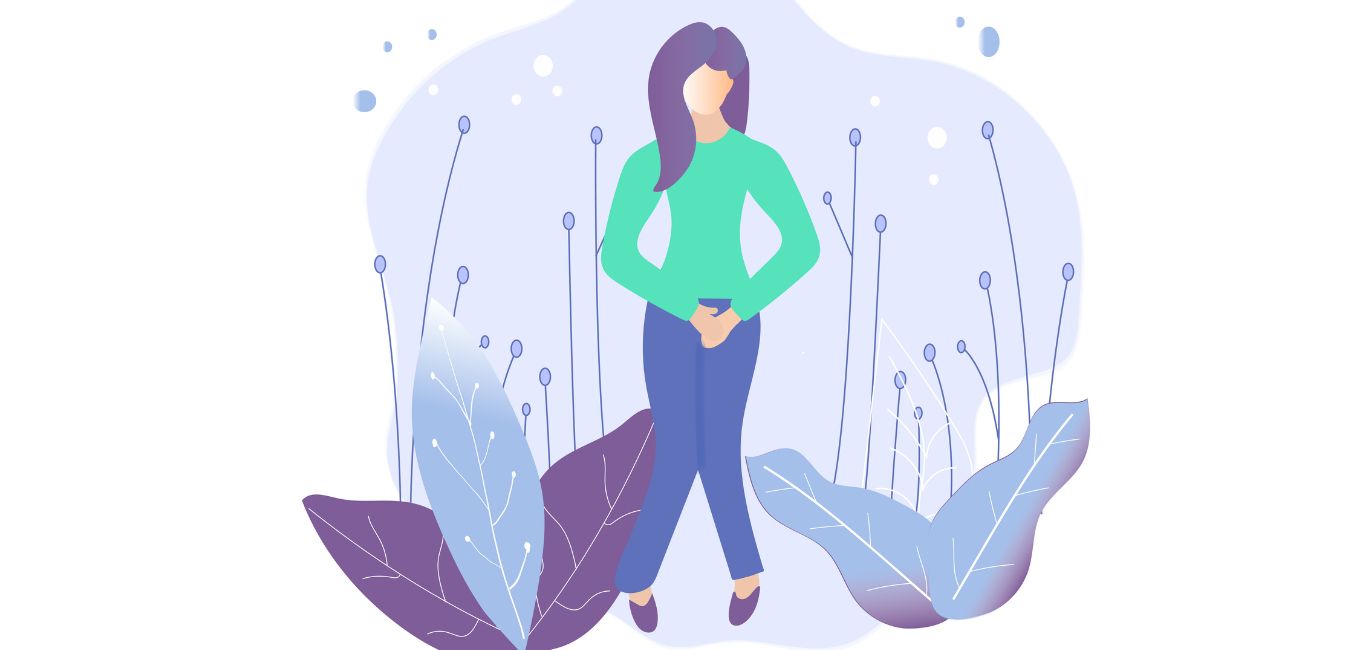
Difficulty urinating, frequent urges to pee or nocturia (frequent nighttime urination) are some of the manifestations that comprise lower urinary tract symptoms (LUTS), affecting the bladder, prostate and urethra. Usually affecting men over 40, such symptoms often result from conditions like benign prostatic hyperplasia (BPH) that develop as they age, causing discomfort and affecting their quality of life.
“The initial steps to address such symptoms would include a physical examination, prostate evaluation, urine tests and possibly urodynamic studies or imaging,” says Dr Justin Houman, urologist and men’s sexual and reproductive health specialist, Los Angeles, California. Once the tests confirm LUTS, the treatment could involve medication for BPH, lifestyle modifications, and, in some cases, surgical procedures like transurethral resection of the prostate (TURP), he adds.
Lower urinary tract symptoms: Types and prevalence
LUTS can broadly be classified into two categories: storage symptoms and voiding symptoms, says Dr Karthikeyan VS, microsurgical andrologist and urologist at Apollo Hospitals, Chennai. “Storage symptoms arise due to issues with the bladder; they include increased urination frequency, urgency to urinate, nocturia and urine leakage. On the other hand, voiding symptoms refer to issues with urine passage resulting from obstruction in the lower urinary tract. They include poor stream, incomplete bladder emptying or straining,” he explains.
He also highlights that LUTS can occur in men of different age groups. The symptoms can develop in those under 30 or between 30 and 40 years old. Younger men can have a stricture urethra characterized by a blockage in the urethral passage, which can cause difficulty in urination. Men belonging to the age range of 40–60 years can develop symptoms due to an enlarged prostate, while for those over the age of 60, manifestations can arise due to prostate cancer.
A community-based study involving 2251 participants found that 16.3% of men aged 40 and above were considered to have LUTS, with a higher prevalence observed in the elderly age group (60 years and above).
What causes lower urinary tract symptoms in men?
According to Dr Houman, LUTS can develop in men due to age-specific factors or other underlying issues. Some of the primary causes include:
♦ BPH: This is a condition characterized by the non-cancerous enlargement of the prostate gland. It’s one of the common causes of LUTS in older men that can obstruct urine flow.
♦ Prostatitis: This is characterized by inflammation or infection of the prostate that’s usually associated with groin pain. It’s more common among younger and middle-aged men.
♦ Urinary tract infections (UTIs): Although such infections are more common in women, they can also affect men and cause LUTS.
♦ Bladder disorders: An overactive bladder, where the individual may have a sudden and frequent urge to urinate without being able to control it, can lead to LUTS. Additionally, bladder stones can also give rise to the symptoms.
♦ Neurological conditions: Certain conditions like Parkinson’s disease or stroke can affect bladder function, contributing to LUTS.
♦ Lifestyle factors: Lack of physical activity and obesity can also set the stage for LUTS in men.
Managing lower urinary tract symptoms
Experts say that treating or managing LUTS depends on their severity and underlying causes. Some measures that can help address the symptoms include:
♦ Limiting caffeine and alcohol intake
Reducing fluid intake before bedtime can curb the chances of nocturia. Additionally, limiting caffeine and alcohol can also help, as caffeine irritates the bladder, making incontinence worse.
♦ Maintaining a healthy weight
Obesity can put additional pressure on the bladder and pelvic muscles, contributing to urinary problems. Hence, maintaining a healthy body weight can play an important role in managing LUTS.
♦ Bladder training
Bladder training techniques like urinating on a schedule to gradually increase the duration between trips to the bathroom can help address urine leakage, says Dr Houman. This will help in treating an overactive bladder, which can otherwise lead to LUTS.
♦ Physical therapy
Practicing pelvic floor exercises on a regular basis can prove beneficial in reducing or stopping urine leakage.
♦ Medical intervention
Medications like alpha-blockers (which prevent muscle tightening in the blood vessels), 5-alpha reductase inhibitors (which block the activity of the enzyme) and anticholinergics (which inhibit the action of the neurotransmitter acetylcholine) are commonly used for treating LUTS. Experts say that for severe cases (especially those related to BPH), surgical options like TURP or laser therapy may be considered.
Takeaways
- Lower urinary tract symptoms (LUTS) refer to a group of manifestations that affect the urinary system, including the bladder, prostate and urethra.
- Typically occurring in men, the symptoms can result from age-related issues or certain underlying conditions like urinary tract infections and obesity.
- Measures like maintaining an ideal body weight, limiting caffeine and alcohol intake, bladder training and physical therapy can help manage LUTS.

















